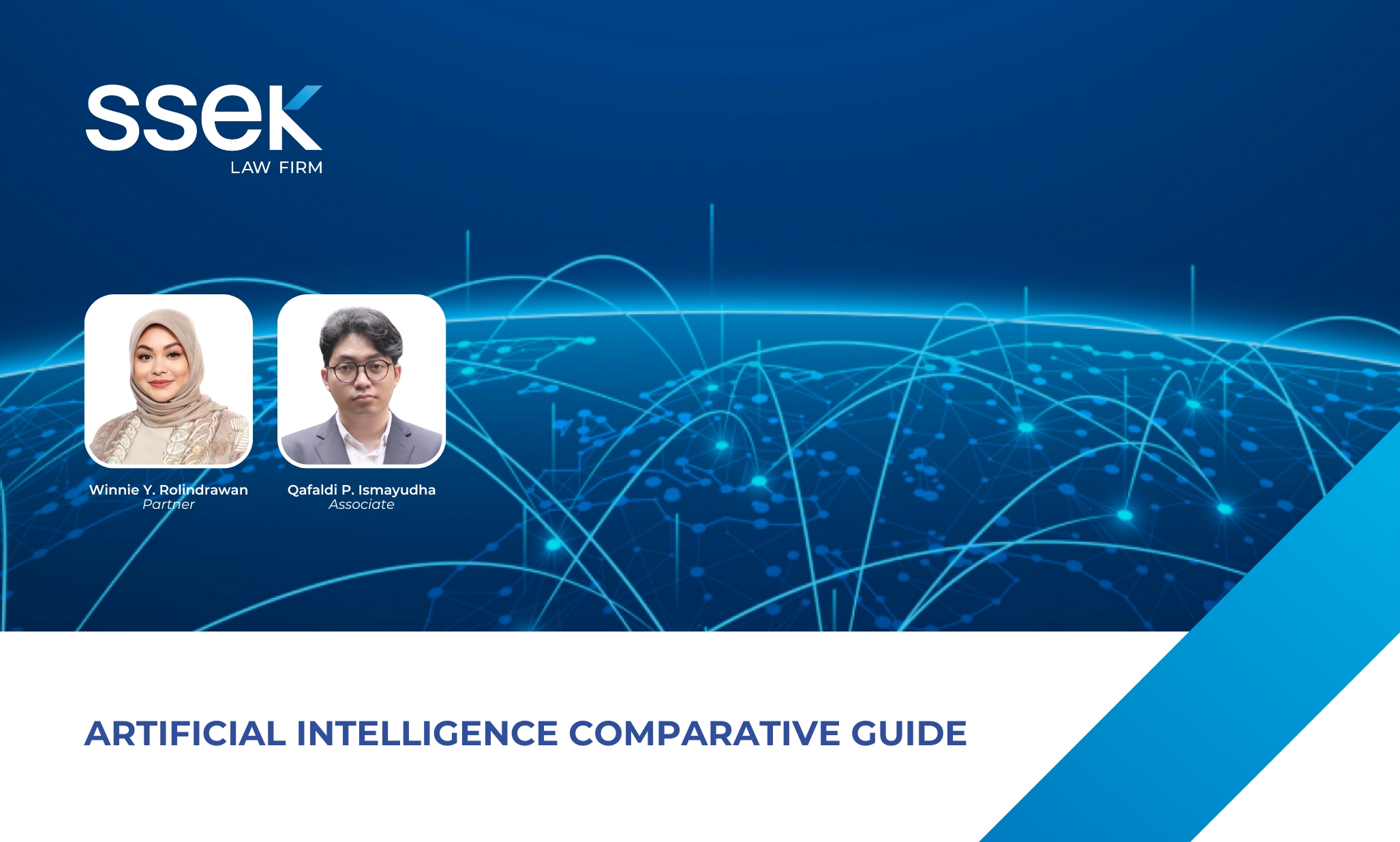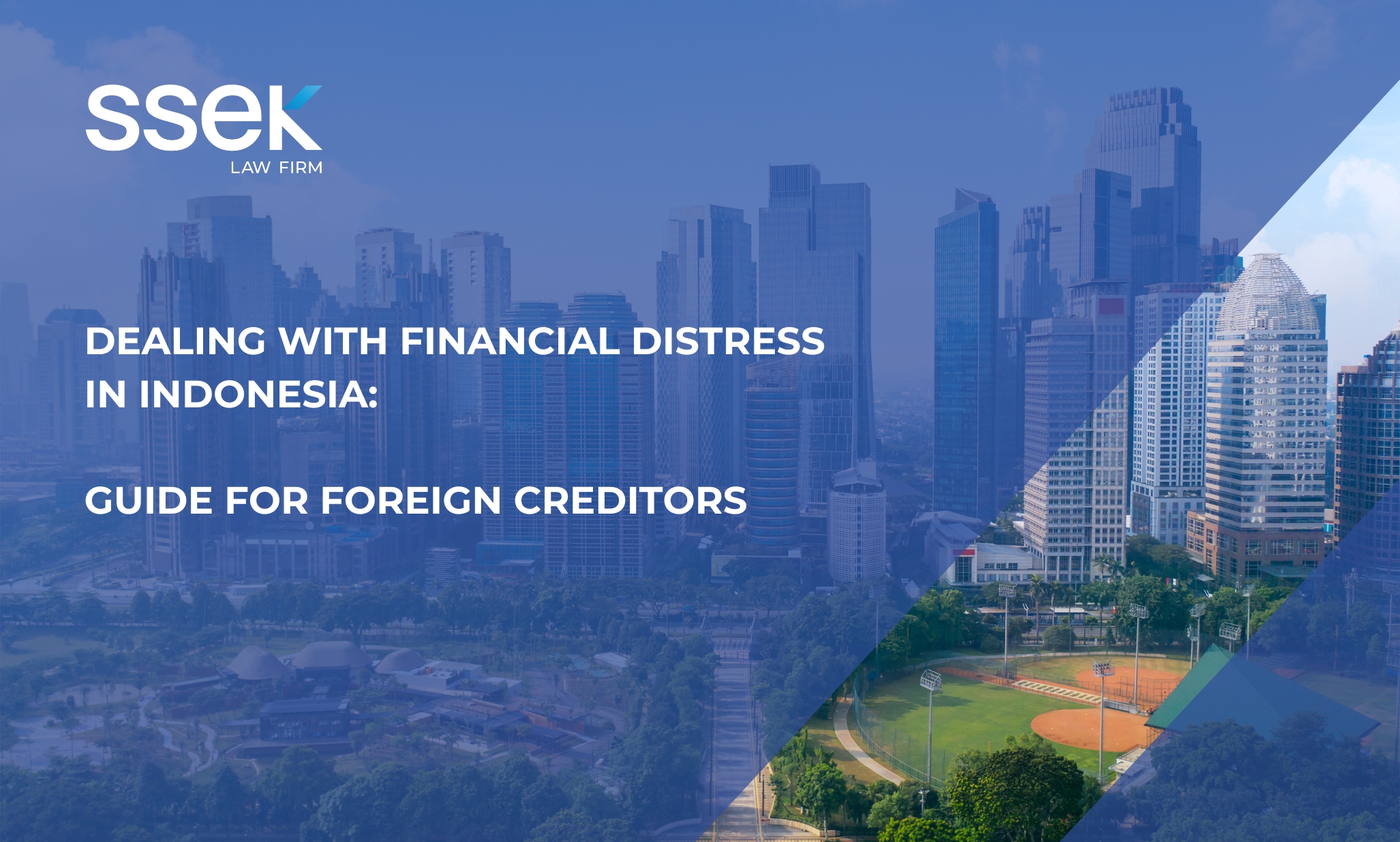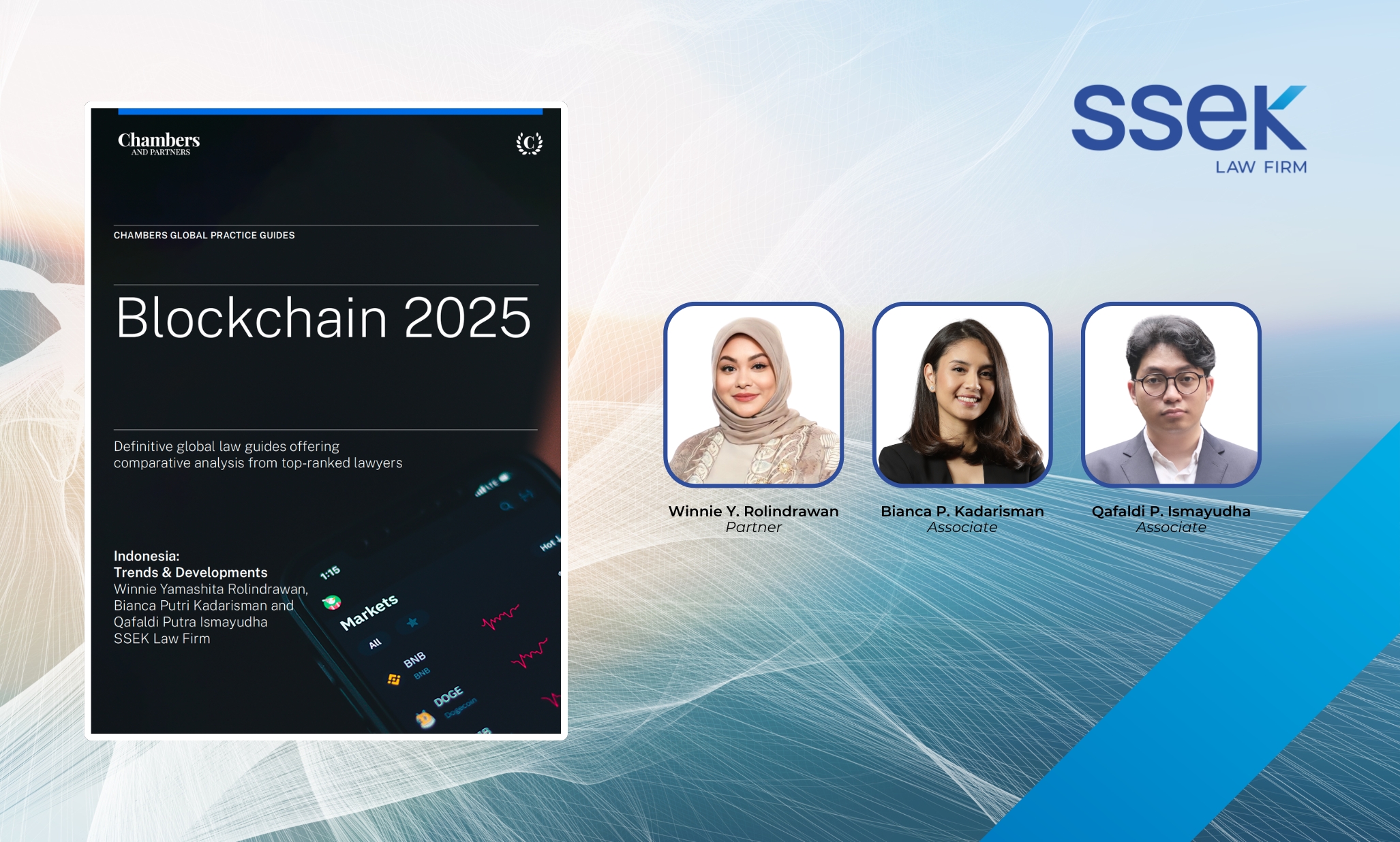


The digital health market in Indonesia falls under the regulatory framework for telemedicine. Indonesia Law No. 17 of 2023 regarding Health (Health Law) defines telemedicine as the provision and facilitation of clinical services through telecommunications and digital communication technologies.
The concept of telemedicine was not governed by the previous health law that was revoked by the current Health Law. Nonetheless, the term “telemedicine” was previously stipulated in Minister of Health Regulation No. 20 of 2019 regarding the Organization of Telemedicine Services through Health Service Facilities (MOH Reg. 20/2019).
MOH Reg. 20/2019 defines telemedicine as the provision of long-distance health services by professionals utilizing information and communication technology, although the regulation does not directly regulate healthcare services to patients. Instead, it focuses on digital interactions among healthcare facilities, such as hospitals. Subsequent regulations have since then allowed doctors to practice medicine through electronic systems.
One of the most prominent areas of innovation within the digital health market in Indonesia is the emergence of mobile health applications providing telemedicine and remote consultations with healthcare providers and practitioners. Private investments in the Indonesian digital health market often target telemedicine electronic applications, typically operated by companies engaged in commercial web portal businesses (digital platforms).
The recently issued Health Law stipulates that healthcare facilities and medical/healthcare professionals may engage in the provision of telemedicine or otherwise cooperate with digital platforms to provide clinical services to patients, provided that the clinical services are carried out by the medical or healthcare professionals.
Key Players in Indonesian Digital Health Market
Several key players active in the Indonesian digital health market include:
- Healthcare Providers: Halodoc, Alodokter, KlikDokter, SehatQ, Good Doctor, Riliv and GrabHealth are several notable digital platforms providing digital health services, including telemedicine services, in Indonesia. These digital platforms must engage healthcare providers such as medical personnel. Healthcare facilities have also engaged in facilitating healthcare services to patients by digital means.
- Pharmaceutical Industry: Pharmaceutical companies are engaged in the sale of pharmaceutical products via digital platforms, contributing to the accessibility of medications through online channels. Digital platforms typically also engage the pharmaceutical industry, pharmaceutical wholesalers and pharmacies to allow platform users to buy pharmaceutical products (prescribed or over the counter).
- Government:
-
- Ministry of Health (MOH): regulates and oversees health-related policies, including those related to digital health, telemedicine services and health information systems.
- Food and Drug Authority: regulates the distribution of medicines and pharmaceutical products, including online distribution.
-
- Ministry of Communications and Informatics: regulates issues regarding personal data protection, electronic systems and digital health technologies.
- National Research and Innovation Agency: actively coordinates and supports research and innovation, including efforts in the digital health sector.
- Research Partners: Among others, Transform Health Indonesia collaborates with research centres, academic institutions and governmental bodies to advance research and innovation in the digital health sector.
- Investors: Venture capital firms in recent years have provided funding to digital health startups operating digital platforms.
Excerpted from Lexology Panoramic: Digital Health 2024, published by Law Business Research.
Find the Indonesia chapter of Lexology Panoramic: Digital Health 2024 here.
This publication is intended for informational purposes only and does not constitute legal advice. Any reliance on the material contained herein is at the user’s own risk. All SSEK publications are copyrighted and may not be reproduced without the express written consent of SSEK.









